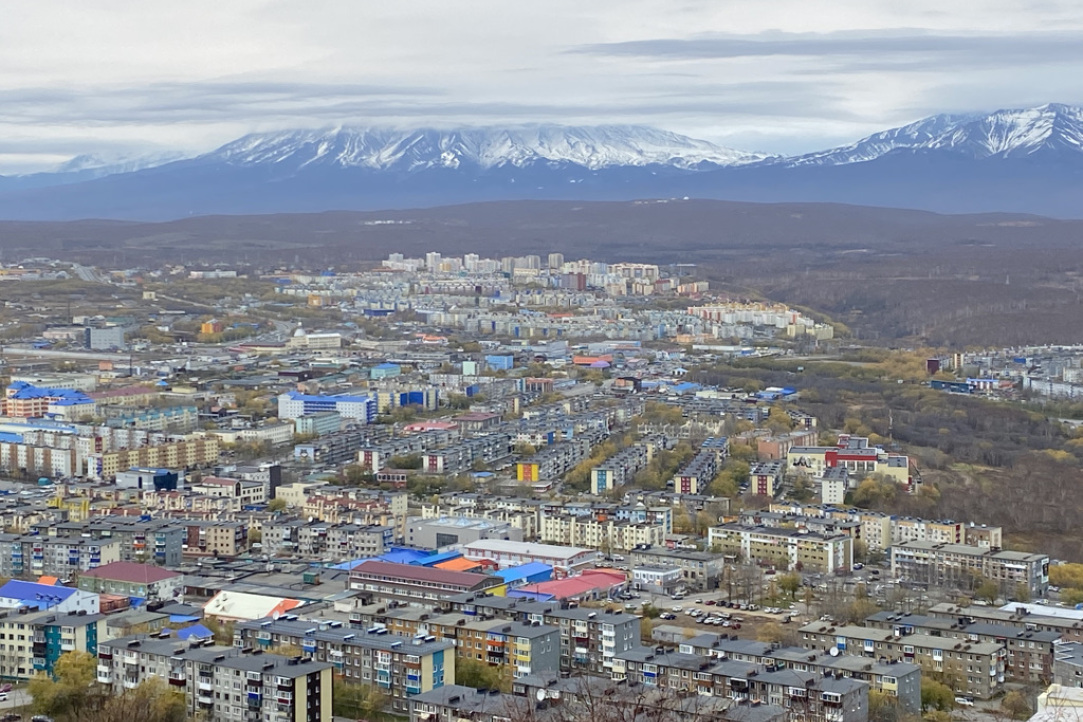Human Capital Multidisciplinary Research Center has published the 35
th issue of the research digest. It presents the results of a study of new migration trends in Russia, particularly, the migration from Central Asia to Kamchatka. The research is carried out as a part of the project "Migration as a factor of accumulation of human capital in Russia".




.jpg)









.jpg)





